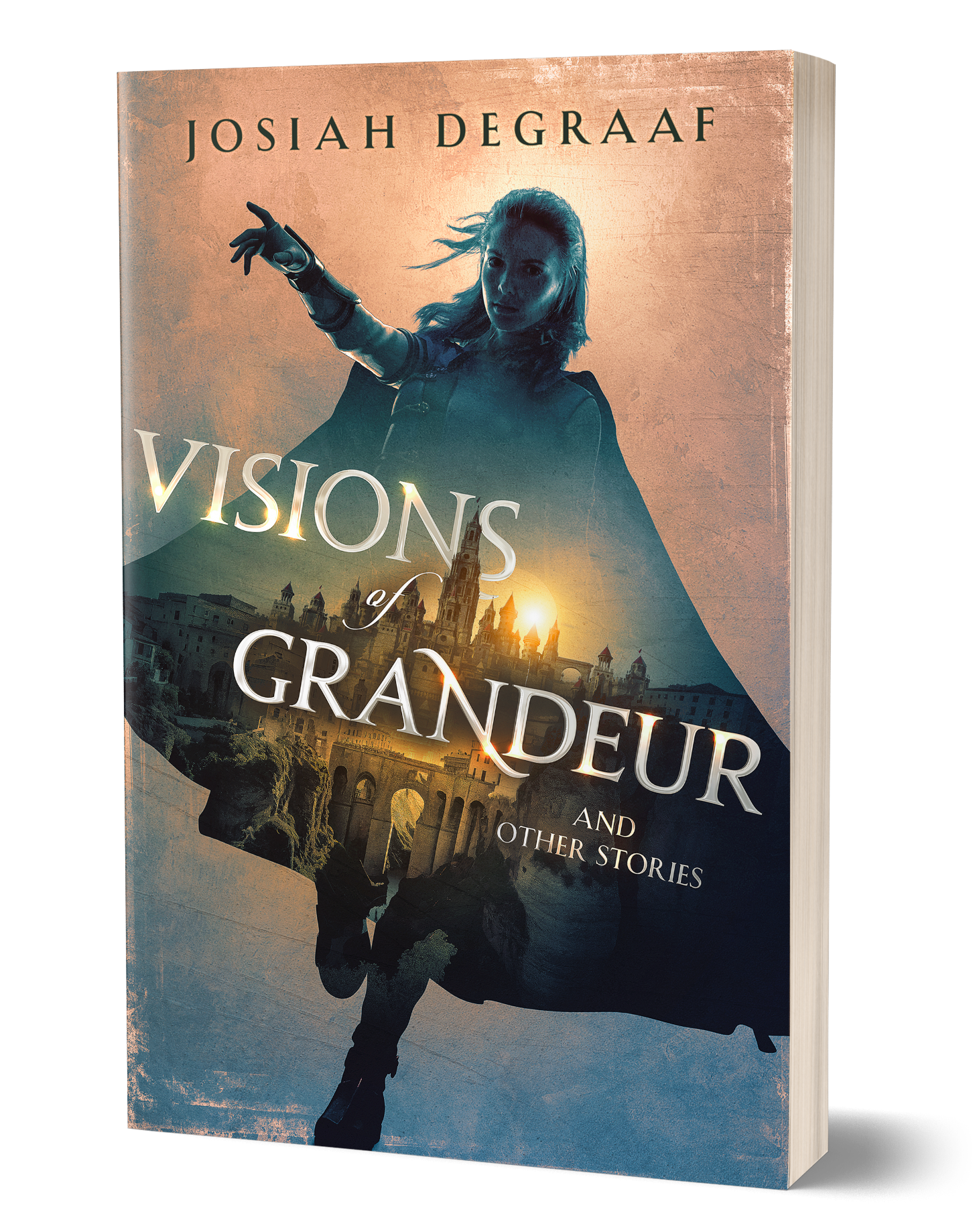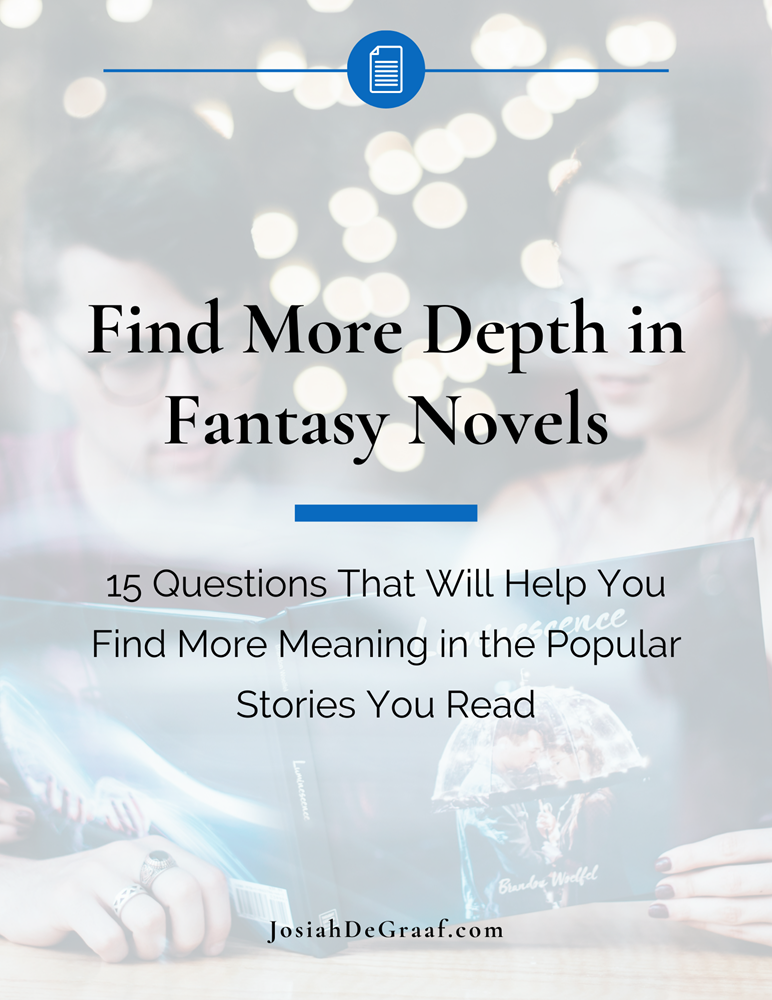Didn’t quite hit 100 books this year (ended in the eighty-something range). I suppose the older you get, the harder it becomes to find time to read. Working two part-time jobs on top of a full-time job probably doesn’t help things either…

Anyways, since I’ve made a tradition of doing this the last several years, here are the top ten books I read over the course of this past year (book titles linked to my longer Goodreads reviews). Got to say, issues with finding time to read aside, I got to read some pretty fantastic works over the course of this year.
Christian fantasy is a mixed bag, and modern Christian allegory even more so. But Fawkes did a marvelous job of rising above the top with the first modern allegory I’ve actually enjoyed reading—and a dang good story along with that.
9. The Power of Moments by Chip and Dan Heath
I don’t normally put business/marketing books on my Top 10 List, but this work is really half psychology in its exploration of what creates memories and what causes people to change the way they live over a short period of time. This book not only gave me a lot of valuable tips for running websites and teaching, but it left me with a better understanding of how people work.
8. The Fifth Season by N.K. Jemisin
Post-apocalyptic fantasy wasn’t something I realized I wanted until I read this book, and man was it good. This was the best work of speculative fiction I read this year and between some innovative plot twists and imaginative worldbuilding, it more than earned that spot.
Similar to business/marketing books, textbooks don’t normally make my top ten list. But Aristotle’s classic textbook on writing & rhetoric doesn’t only teach readers how to communicate more persuasively—it deepens the reader’s understandings of philosophy and psychology as well. I’ll be taking the lessons I learned from Aristotle with me for a while.
6. Wisdom & Eloquence by Robert Littlejohn and Charles Evans
I read a lot of books on classical education this year in my effort to better understand the type of education I received (and now teach) analytically as well as practically. Of the seven or so books I read, this one was the most practical and helpful for thinking through how to better grow myself as a teacher.
5. The Promise of Jesse Woods by Chris Fabry
Perhaps one of the best works of recent Christian fiction I’ve read (despite an ending that was a bit mediocre in my estimation). This book asks tough, penetrating questions about what really motivates “heroic” actions and what it truly means to live as Christ lived. I’ve thought about this book a fair bit since reading it at the beginning of this year and will continue to do so for a while.
4. How to Think by Alan Jacobs
While this didn’t take top place for this year, if I were able to choose one book to have every American read, this may be it. Truly thinking rationally is hard and this book taught me how hard it is to truly pursue the truth, how many fallacies all of us naturally live by in pursuit of comfort, and what it truly means to seek to live as an intellectual.
3. All Quiet on the Western Front by Erich Remarque
I read this book for the third time this year, and I try to avoid putting re-reads on my top books lists. However, this year, I really “got” the story’s message that the more we dehumanize others, the more we’re really just dehumanizing ourselves—and this is a lesson that’s just as applicable to normal, everyday lives as it is in the field of war. I’ve thought about the message of this book a lot over the course of this year.
2. The Vanishing American Adult by Ben Sasse
As someone who’s only transitioned into adulthood recently, this was a valuable book. As someone who’s also in the process of training others to transition into adulthood, this was doubly valuable. Sasse has an excellent understanding of the problems that plague twenty first century America and what steps ordinary people can practically take to recover the valuable things we’ve lost.
1. Me, Myself, and Bob by Phil Vischer
Out of all the books I read this year, this one had the most personal relevance to me. It’s easy for me to idolize doing great things for God, and as Vischer retells the outward “tragedy” of his life and the visions he saw crumble, he provides valuable insights and thoughts regarding Christ and success. He’s the sort of person with the sort of message I need to hear in my life more regularly. The hardest lessons are the ones learned through pain, and Vischer has valuable pain-learned lessons to impart to his readers.






